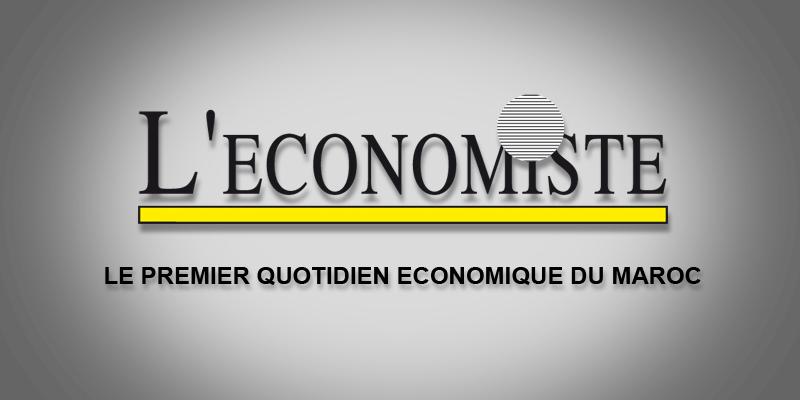First introduced as a temporary measure by the Abbas El Fassi government more than a decade ago, the social solidarity contribution has been renewed multiple times. While its name and tax scale have changed over the years, the core principle has remained the same.

This exceptional tax was extended by the 2023 Finance Law for a period of three years, meaning that 2025 is supposed to be the last year under this scheme. At least, that theorically. However, tax experts remain skeptical. “Although the framework law outlines a reform of corporate tax, income tax, and VAT with a deadline set for 2026, it is not out of the question that the government may decide next year to maintain the social contribution to finance projects related to the Africa Cup of Nations and the World Cup, both of which coincide with the launch of numerous large-scale projects,” explains a chartered accountant. These projects will require billions of dirhams in funding—amounts that were not anticipated when the government introduced this temporary tax in 2023 for a three-year period. Some industry professionals believe that the increase in the corporate tax rate to 35% for net profits exceeding 100 million dirhams and 40% for financial institutions (banks, insurers, CDG, etc.) was a measure designed to compensate for the loss of revenue once the social solidarity contribution expires. Others argue that this new tax scale was actually introduced to offset the upcoming reduction in corporate tax, which will drop from 31% on net profits over 1 million dirhams to 20% in 2026 (with an intermediate rate of 22.75% for fiscal year 2025). It is worth noting that this higher tax rate (35% and 40%) primarily affects the biggest contributors, who account for nearly 80% of government tax revenues and operate mainly in protected industries. The remaining companies, which are taxed at 20% and represent the majority of businesses, contribute only 20% of total tax revenues (see timeline). Another key factor to consider is that, since 2023, the withholding tax rate on dividends has been gradually decreasing, dropping from 15% in 2022 to 10% by 2027 (instead of 2026, as initially planned in the 2024 Finance Law). This reduction represents a significant shortfall in tax revenues. Moreover, the government will need additional revenue to finance the initial deficits of the mandatory health insurance system, whose financial viability is under increasing pressure. With all these fiscal challenges on the horizon, it will be necessary to wait for the 2026 Finance Bill to determine whether the social solidarity contribution will be extended once again. One thing, however, is certain: for Moroccan-sourced gambling revenues, a permanent 2% tax on net taxable profits has been established, leaving no room for doubt on that front.
Hassan EL ARIF


























